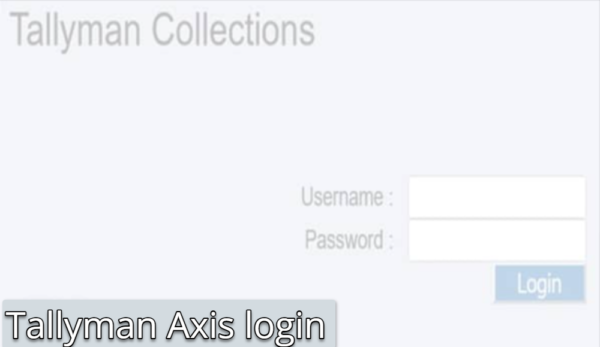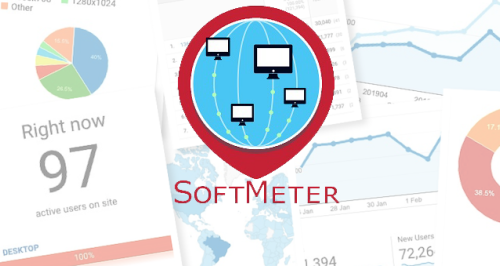Recovering HD with bad sectors is a service with a good chance of success. Understand what bad blocks are and how data recovery is done in these cases.
If your computer is slow to access and copy files, or the operating system is slow to load, it is a strong indication that your disk may have bad sectors.
Recovery of HD with bad sectors in the initial stages, when the number of damaged sectors is small, usually can be made via softwares. After copying, discard the HDD and replace it with a new one.
Computers that do not load Windows or Mac OS X and do not allow you to repair or re-install them, have continuous errors in file copying, or the hard disk is presented as a RAW-mode hard drive need a more professional approach offered at Salvagedata.com.
After the initial symptoms, it is a matter of time for the hard drive to get worse and worse and finally stop being recognized. Professional techniques are used to minimize the damage during the recovery process of HD with bad sectors with equipment designed specifically for this function.
How a bad sectors is treated by HD
To understand, first, the requested sector is read from the dishes by the read head. While in memory, the internal error correction system (ECC) verifies its integrity with the checksum originally recorded in that sector.
If there is an error, the drive will first attempt to repair the corruption by using the built-in error-correction (ECC) code. If it fails, the drive will try again and again until it succeeds in reading.
After dozens of unsuccessful attempts, it will send an error code via SATA protocol.
HD with bad sector containing Windows
Windows starts its boot system by reading the MBR (Master Boot Record) 9 times. If successful, it will start checking the Master File Table in 128-sector blocks containing the location of each file within the HD. If the MFT is not readable, it will make 9 attempts by decreasing the number of blocks read each time to 8 sectors, also by 9 times.
If all these attempts fail and Windows cannot mount the NTFS volume it will reset the disk by restarting the computer and retrying.
In this case, when a hard disk has bad sectors, these attempts may further degrade the disk.
HD recovery with bad sectors – Professional approach
For data recovery purposes, trying self is a waste of time and causes unnecessary degradation of magnetic media and read / write heads. With the proper equipment, these procedures can be disabled. Entire sectors will be read much faster and without additional stress on the disc mechanism and without further degrading the magnetic media.
Because bad sectors are typically attached to damaged and unstable read heads and magnetic media, these multiple read attempts can further damage the hard drive.
Dedicated nyc server raid data recovery specialists has complete control over how long it will be allowed for a single read attempt. If it is unsuccessful, it will use several non-existent approaches to software-based solutions to reset the disk and continue the work.



![How to Fix Outlook [pii_email_f3e1c1a4c72c0521b558] Error Code](https://igadgetkart.com/wp-content/uploads/2021/08/pii_email_f3e1c1a4c72c0521b558-5-1024x683.jpg)